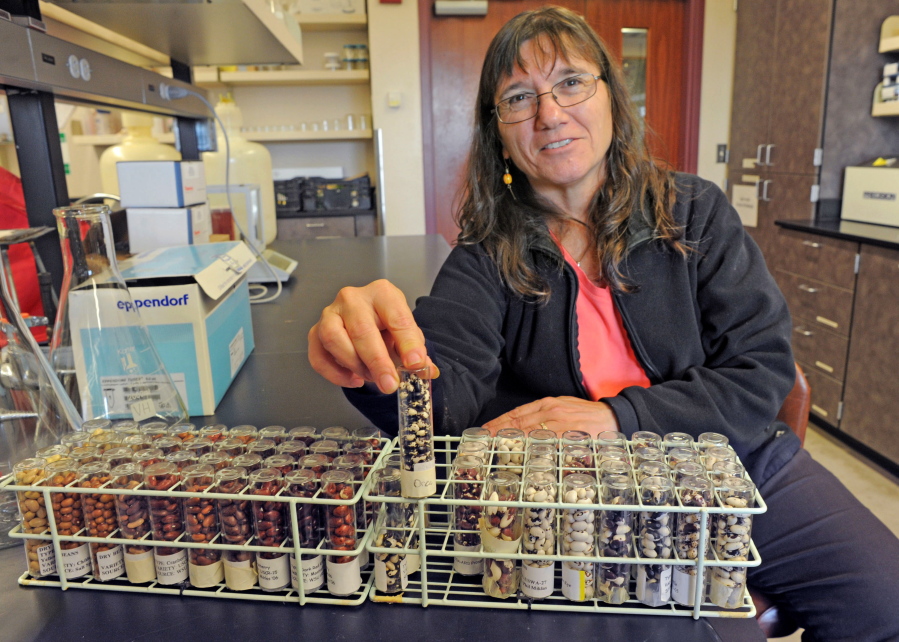MOUNT VERNON — Farmers in Mozambique face temperatures in the 100s and scarce water sources, said Washington State University professor of horticulture Carol Miles.
The pests, too, are nothing to scoff at.
“The hippos, they walk out of the river and they munch on the crops,” Miles said. “You can’t stop a hippo.”
Miles, who works at the WSU Mount Vernon Research and Extension Center, spent two weeks in Mozambique in early October teaching the basics of vegetable farming, reported the Skagit Valley Herald.
The government-funded program, put on by the U.S. Agency for International Development, sends farming experts to impoverished countries that have requested training.
It was the third such trip for Miles.
She presented the details of her journey at the research and extension center.
Miles visited the small village of Buzi during a dry spell in the region. When she arrived, most of the fields were bare, with crop growth only seen close to riverbeds.
“The rains were late and it was unseasonably bare at that point,” she said.
The training Miles was able to provide was important because farming is necessary for survival in Mozambique, where about 80 percent of the country’s people grow their own food.
“They have no money, so they have to farm,” Miles said.
Miles guided a group of about 22 through a two-week training session. Much of it focused on pest management.
One lesson included teaching the life cycle of a moth that damaged the village’s cabbage crop. The people didn’t know that the larvae eating the cabbage turned into a white moth.
“It was the same insect and they didn’t know that,” she said. “That’s basic knowledge that helped.”
Now, the people of the village can help their cabbage crop by eradicating the moths.
Other tips included rotating out diseased crops, avoiding the spread of fungal pathogens and creating insect traps.
“This basic information is going to help quite a bit,” Miles said.
Her daily routine included meeting farmers at their crops for morning lessons, then holding afternoon lessons indoors during the hottest hours of the day.
“They’d take breaks midday … it was unbearably hot,” Miles said. “I thought I was melting.”
During her trip, Miles was struck by the kindness of the people she met.
One day, after touring fields for a few hours, Miles went to a farmer’s home to find that a family had cooked her casaba roots.
“It was unimaginable that they give us their own food,” she said. “That was their food for the day and yet they shared it with us … I took a little piece and the kids ate the rest.”
At the end of the training, the farmers were given certificates. Miles said she’ll check back in with them in a few months to see how her lessons improved crop yields.
Miles said doctorate degrees aren’t required to teach farming through the free program.
During her Mozambique trip, Miles was accompanied by an Oregon farmer who was making his 23rd trip through the program.
“By helping farmers, I personally believe we are contributing to safe and stable communities,” she said. “That helps us reach our objective of not having mass immigration and famine and all these situations where there are millions of people that need help.”



